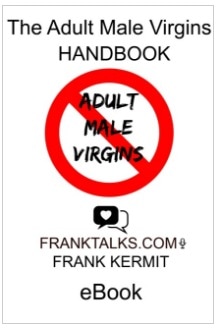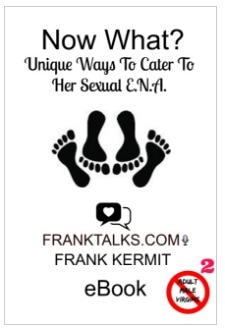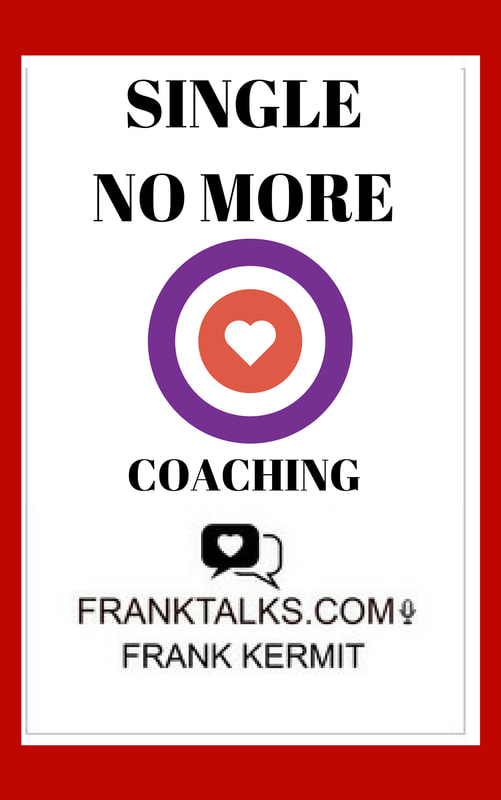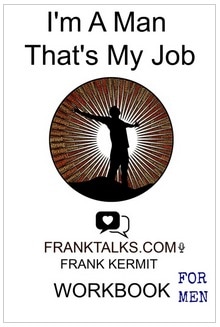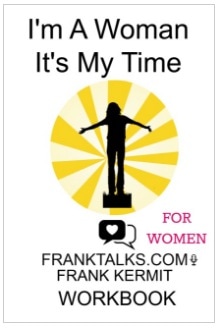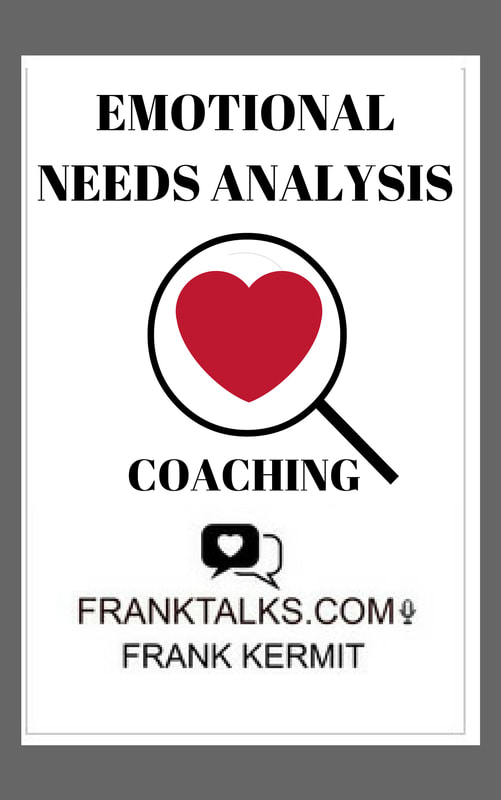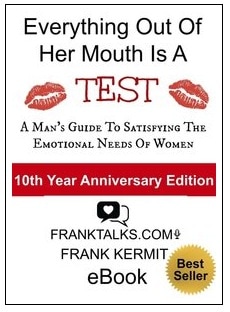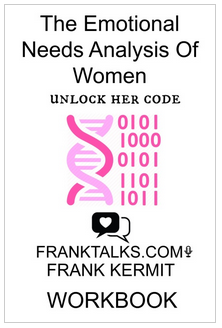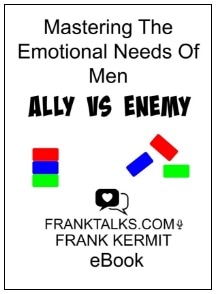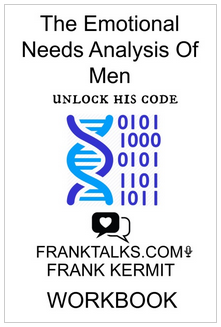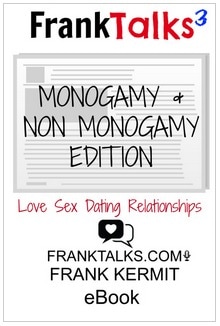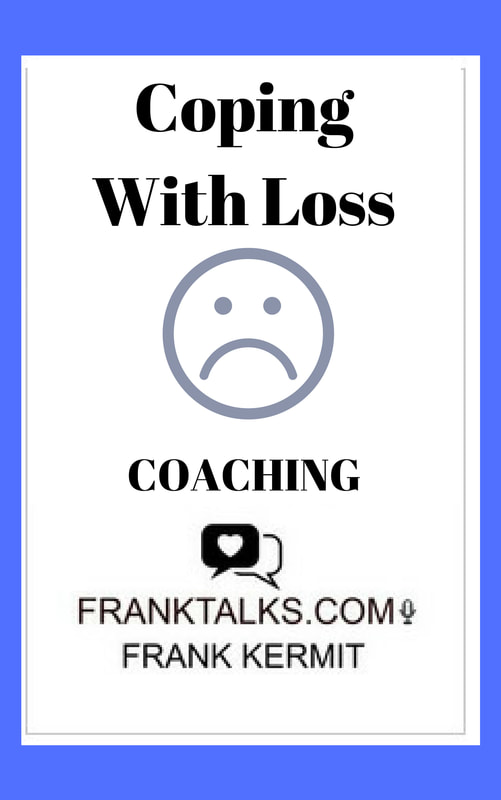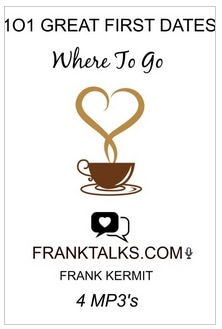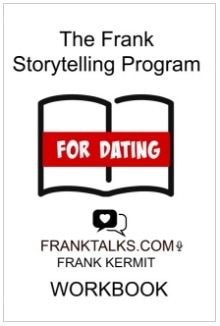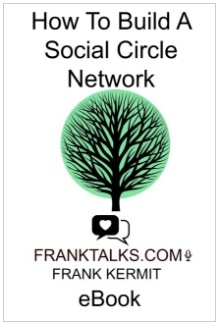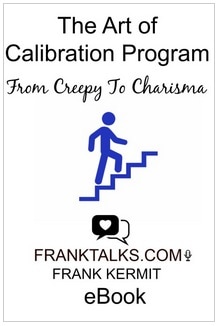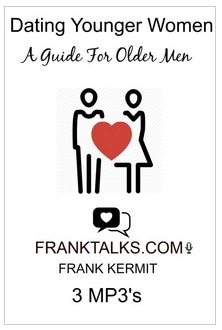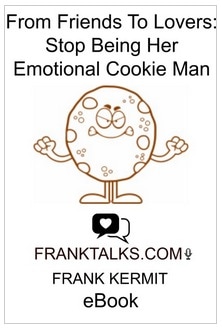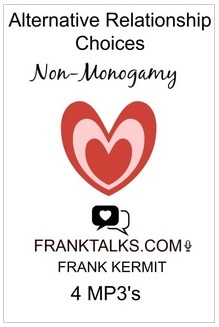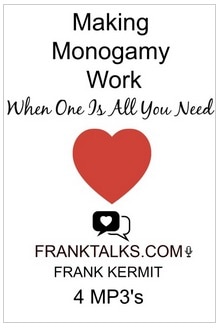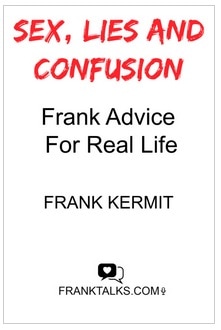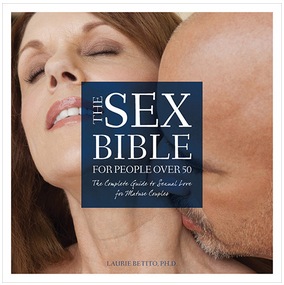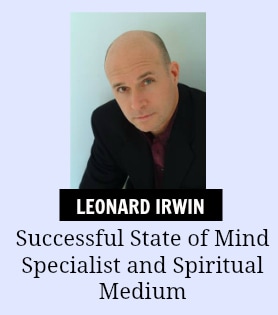|
Mourning for the Holidays
By Frank Kermit Doesn't it seem like so many people die around the holiday season? I wrote this article after I attended the funeral of an old colleague of mine. I made every effort to attend the wake and the funeral. Meeting his family for the first time and feeling their grief reminded me that the holidays are not always a time a joyous celebration. For many people it is a time of mourning and bereavement remembering lost loved ones. There is never a good time to deal with the death of someone you love, and for it to happen so close to the holidays is no exception. What it does mean is that the holidays will be more challenging as people still come together, and the need for compassion and understanding is at an all time high. It is not just because grief will cause people to be sad when most people are expected to be enthralled with making merry. It has to do with the different ways that people grieve. One person's method of grieving may be completely out of line with how another person expresses sorrow. If you remember one lesson from this article, it is this: Show compassion and acceptance for the way someone needs to grieve, even if it is the exact opposite of what you would prefer that person utilizes to manage mourning. Since the funeral, I have been swarmed with memories of Christmas pasts. I wanted to share some with you and also share some ideas about mourning the holidays. When my grandfather died in the 1980s, I was still in elementary school, and too young to really understand the effects of grieving for death. What I remember was being taken out of school for a few days while the family came together around my widowed grandmother, and having to attend a funeral home wake and a funeral service. I do not remember understanding everything that was going on around me at the time. What I do distinctly remember is that every time I was reminded of something that I wanted to tell my grandfather, I had to come to acknowledge again and again that he was gone. Other than the death of pets, it was the first time a human family member died. Although my grandfather died earlier in the year, I do have a distinct memory of how my immediate family and our extended family had to balance celebrating the holidays and honoring his memory. That Christmas was a somber one. We did not have the loud massive family get together that I had become accustom too. I have a hazy memory of my grandmother breaking out in tears missing her husband at one point while being the center of attention, probably opening a gift of some kind at the table. When I later returned to school in January, I was faced with that obligatory writing assignment of the (what you did over the holidays) composition. Not sure what to write given the loss my family was suffering, I asked a family member for guidance and was told to basically "make up something acceptable". In short, I was told to describe a wonderful scene complete with laughter, singing Christmas songs and even threw in some street caroling on the way to a midnight mass...truly a far cry from the quiet, almost depressed real life version of a mournful holiday eve. Heck, it is not like my family ever did street caroling or singing songs when they were not managing mourning the holidays anyways. Too busy talking loudly, preparing food, eating food, and then recovering from the meal. What I wanted to write is exactly what happened, but for some reason it was important to that family member to keep our grief private regardless of the fact that everyone that knew me, also knew that my grandfather died (being pulled out of school for a week might have been a good hint). The key word in the directive I received was the word: ACCEPTABLE. As in, it would not be acceptable for our family to experience grief at that time of year. I found it odd, but I chose to obey like a good kid. Yet, I always believed it would have been a much more interesting story if I had told the truth about what really happened that holiday. The struggle was managing what -I- would have wanted to help me express -my- grief (writing about missing my grandfather and how Christmas was different this year) and what a family member wanted to help them manage their grief (keeping our pain private). As the years went on, how we celebrated the holidays changed with each year. Some were marked with great celebration for the weddings that took place that year, while others reflected the emptiness left when other family members had died that year. The holidays, it seemed to me, was a time of reflecting on the changing nature of the relationships of the previous year, the loss of some of the people we loved, a reminder of the break ups and divorces happening, and a call to also remember to cherish the good news of new relationships forming and the births, adoptions, and additions of new members into the family. When my father died after a very long battle with his health challenges, it marked a significant change in our identity as an immediate family. My mother was now a widow, and I was reminded of all our mortality. There were a few things I left out of his eulogy that I never told anyone. One of those things is that one of his unfulfilled wishes was for him to see me get married and start a family of my own before he died. A month after he died I celebrated my birthday, my first without him. With each important date that came along (his birthday, his wedding anniversary, father's day, and the holidays) it was an adjustment to the new normal. With each one I tried different ways to celebrate. Some of them I spent with friends, some of them with family and some I spent alone. On father's day I made a visit to the cemetery bringing my mother with me. At Christmas, I spent it with my immediate family, and had to manage my own coping method of withdrawing from the crowd with some of my families coping methods of making mountains out of molehills. At New Years Eve, I spent it alone at home making only a quick visit to another uncle recovering from heart surgery. What I learned is that each person copes with grief in his or her own way. Some need to party with others, and some need to spend time alone. Some need to cry out at the casket at the funeral home, and some need to yell at the people crying out at the casket because there are people who are too uncomfortable at the expression of another's grief. If there could be something I hope will make managing your mourning this holiday season easier, it is this: No matter how uncomfortable you are with the way someone expresses grief, show some compassion and simply learn to accept it. If you cannot do that, at the very least, please shut the hell up. Just because you cannot handle someone else's grief does not make you -stronger- and it does not make the other person -wrong-. In our pill-popping society, family members may often push for mourning relatives to be sedated, not in the best interest of the mourning relative, but because the family members feel ill-equipped to manage excessive expressions of grief. Never yell at someone for expressing grief. Give that the person the space and acceptance needed to process the intense emotions. If drugs suppress those intense emotions, then those unexpressed emotions may and likely will manifest in other ways (like emotional blocks or dysfunctional self sabotaging behaviors). There is no -better- way to grieve. There is only the way that works for you as long as you remember even though mourning is a personal experience, that does not mean you can not get help with managing your grief. It is OK to seek out the aid of a professional, or even a companion willing to listen and who is OK with you being vulnerable and your truest self at your lowest moment. They say that we each need to live each day as if it were our last. I am not a believer of that personally for reasons too numerous to mention in this article. However, I do encourage people to live each day as if it were the last day that someone you love will live. If there is someone you want to reach out too, that you need to forgive or remind that you love, or want to apologize too then do it; not because you might die tomorrow, but because that person may die tomorrow. Get the difference? Once in a while, I remember someone that did something nice for me, and I will contact that person and thank him or her, not because I might not be around, but because I wonder how I will feel if I miss the chance to tell them before that person is no longer around. Three weeks ago, I attended the funeral of an old colleague of mine. I made every effort to attend the wake and the funeral but I never got to tell him how much I appreciated him, his works and his talents while he was alive. Now, I never will. Understanding relationships goes hand in hand with understanding the principle that every relationship you have on earth is temporary and that unions between people end either by choice (break up, separation or divorce) or in the best of cases, will end by the death of one of the people in the relationship. Be mindful of this fact when you take the time we all have (or lack thereof) for granted. Happy Holidays whatever you celebrate and whomever you happen to love. Frank Kermit
0 Comments
Leave a Reply. |
Categories
All
Archives
June 2024
NDG Encore Singing Chorus **** Every Friday Night Dr. Laurie Betito Quotes
|
|
FRANK KERMIT MA
EXPERT RELATIONSHIP COACH HELPING PEOPLE CONNECT |
ALL COACHING IS BY TELEPHONE OR SKYPE ONLY INTERNATIONAL CLIENTS ARE WELCOME *INTERNATIONAL CLIENTS ARE RESPONSIBLE FOR LONG DISTANCE PHONE CHARGES, +1 Canada/USA* SKYPE IS PREFERRED. IT'S FREE AND EASY TO USE FROM ANYWHERE IN THE WORLD TELEPHONE: +1-514-680-3278 EMAIL: [email protected] SKYPE: frank kermit PLEASE NOTE THAT ALL SALES ARE FINAL. NO REFUNDS OR EXCHANGES
|

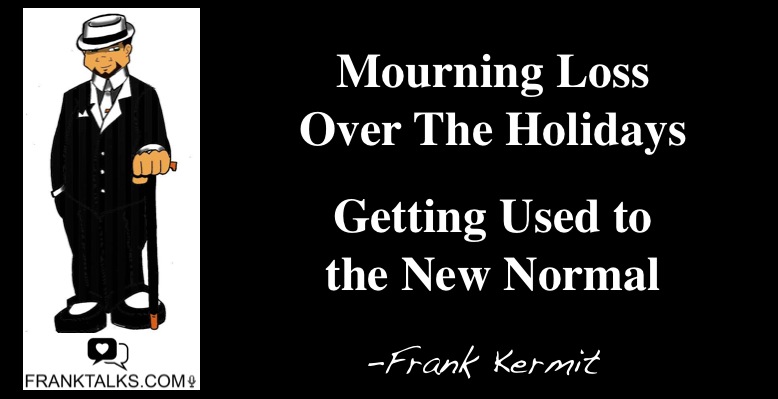
 RSS Feed
RSS Feed




